
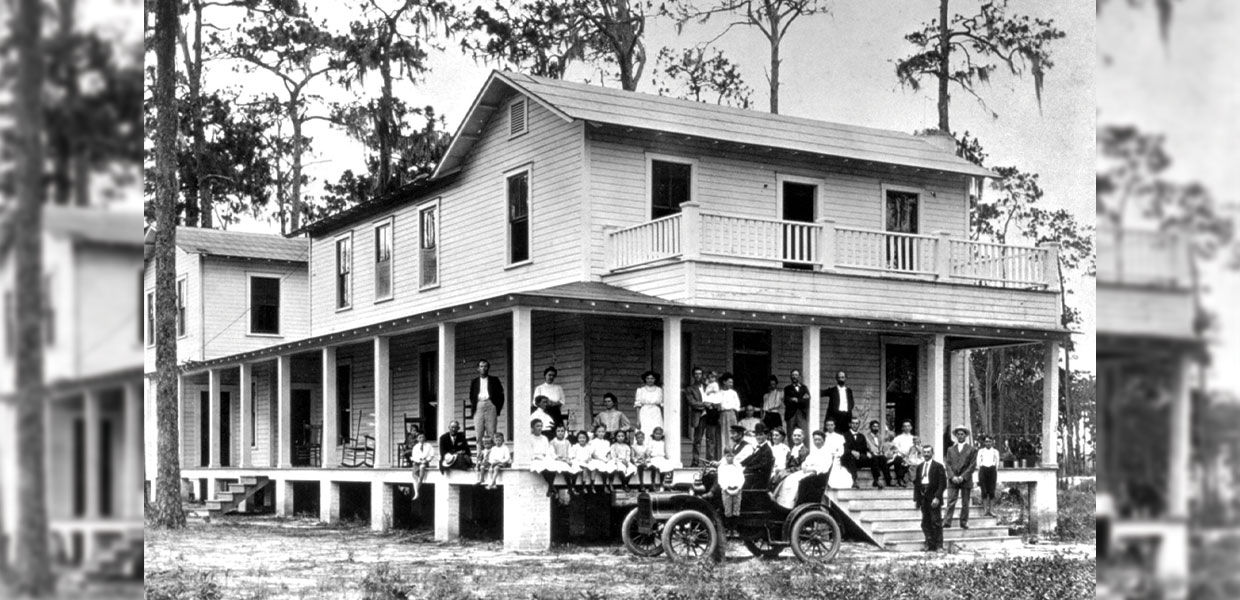
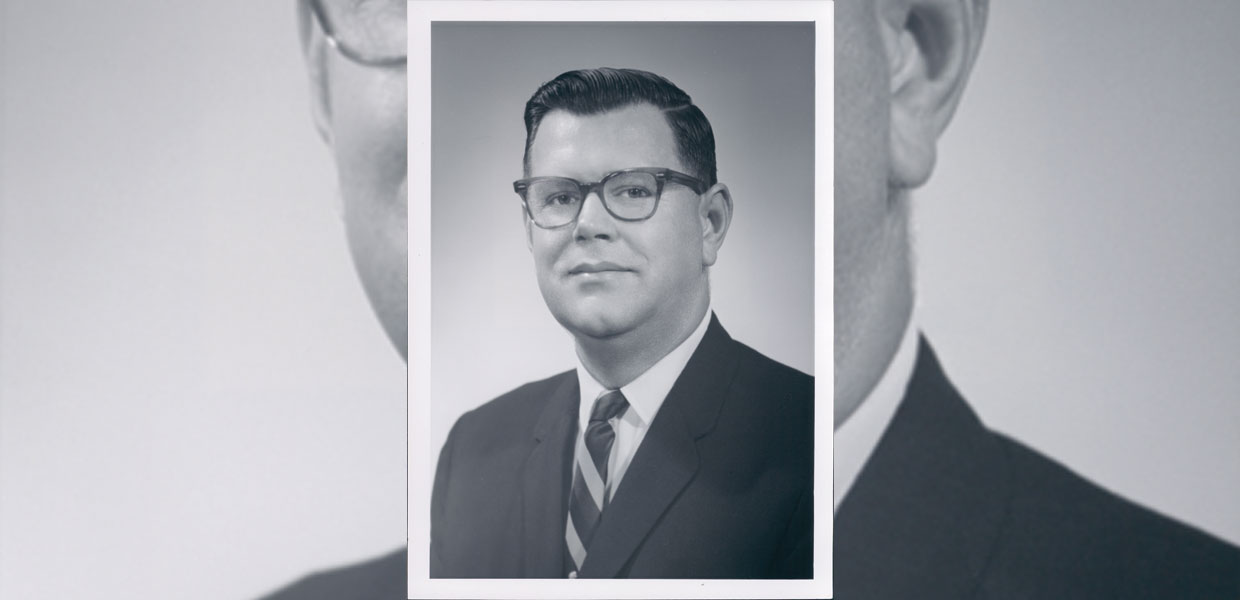
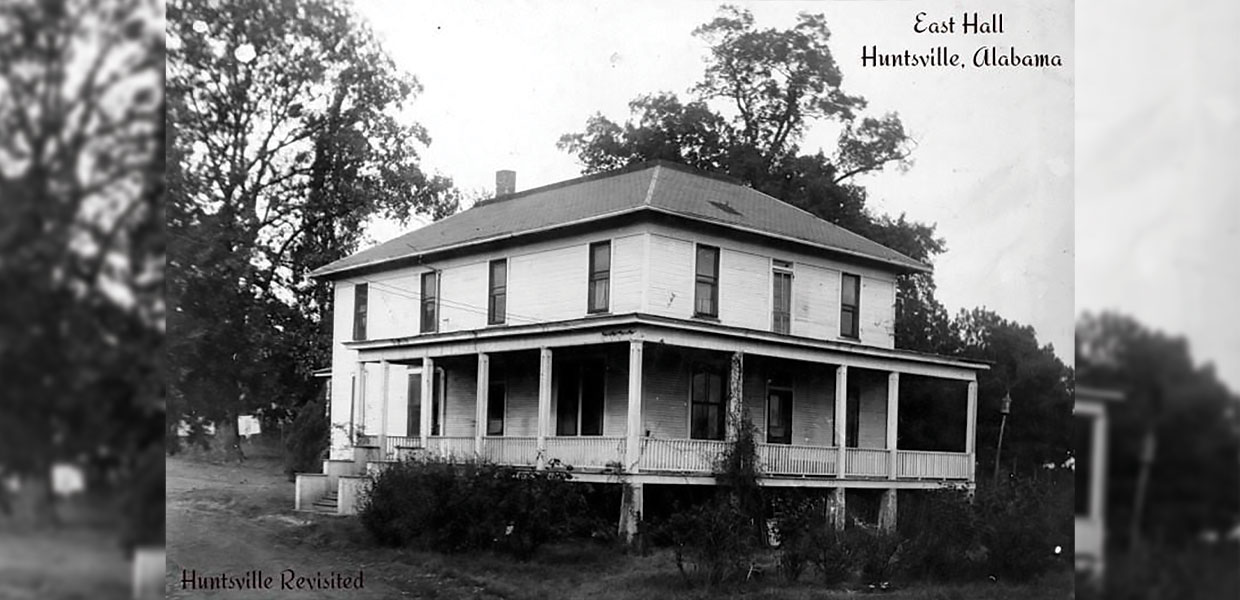
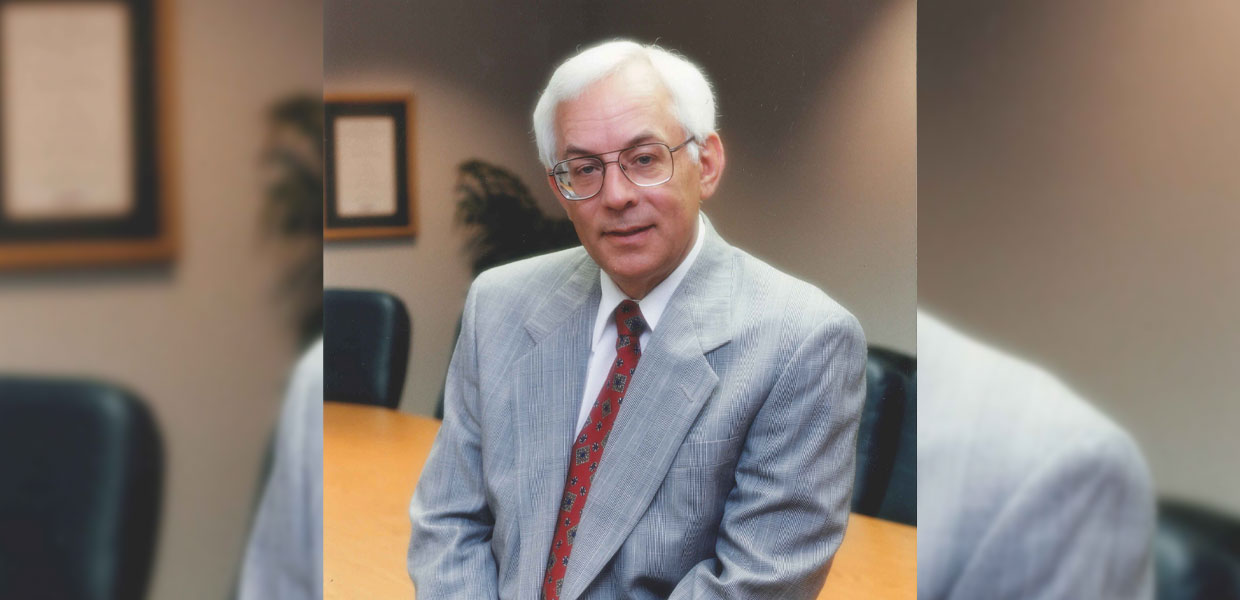
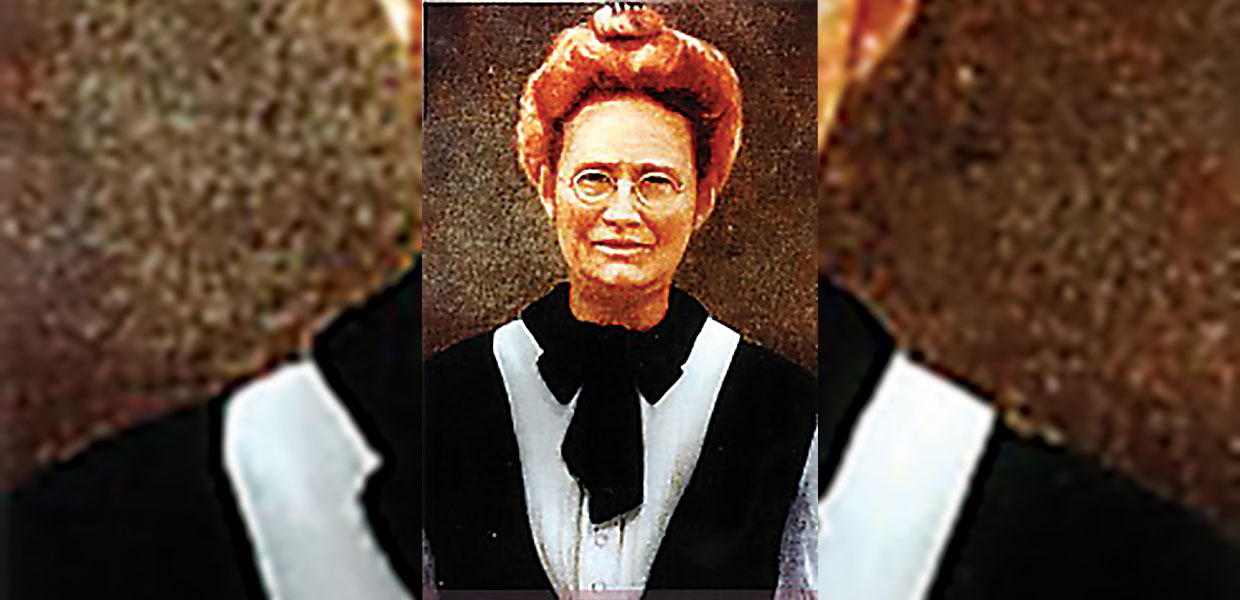
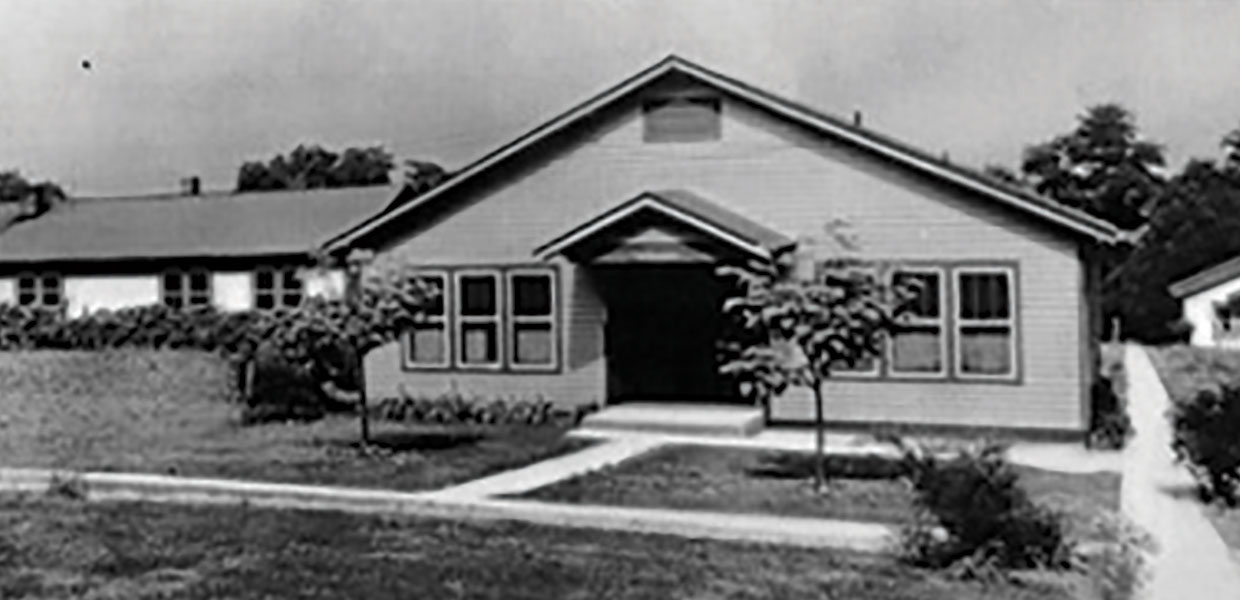
In Matthew 15, we find Christ in a crowd of more than 4,000 people healing physical, mental, and spiritual brokenness. His care was compassionate, indiscriminate, and focused on affirming a singular truth — each individual is a child of God.
Today, AdventHealth is poised to extend the legacy of Christ’s healing ministry into the future with bold, transformative plans where every patient and every consumer is connected to a seamless network of whole-person care.
“Whole-person care — caring for every person in body, mind, and spirit — represents everything we wish to achieve as a system,” said Terry Shaw, AdventHealth president/CEO. “It’s the way Christ cared for others, and the way we aspire to bring healing and wholeness to our broken world.”
AdventHealth’s vision for the future of health care stands on the shoulders of Seventh-day Adventist medical pioneers who revolutionized care across the country, including in the Southern Union territory.
Extending Across the Southern Union and Beyond
The story of Adventist health care starts in a time when Church members were pooling resources to construct sanitariums similar to the one in Battle Creek, Michigan. Many efforts across the Southern Union began in places like Atlanta, Georgia, and Nashville, Tennessee, but the oldest surviving facility is located in Orlando, Florida. At the start of the 20th Century, Rufus Wells Parmelle, president of the newly organized Florida Conference, offered $9,000 for an abandoned lakeside property when only $4.83 was available in the treasury. The Florida Sanitarium (now AdventHealth Orlando) opened in 1908.
In Kentucky, the Oneida Mountain Hospital (now AdventHealth Manchester) opened in 1917 with a staff made entirely of nurses. “The tiny hospital began when Dr. C. Adeline McConville, a New York ophthalmologist, discovered the extreme medical need of the people” in the region (Southern Tidings, May 1972).
A couple hundred miles away in Asheville, North Carolina, during a 1909 visit by Ellen White, local resident Martha Rumbough was encouraged to start a school and medical facility that became known as the Mountain Sanitarium before formally adopting the name Fletcher Hospital (now AdventHealth Hendersonville). “In the beginning the hospital … catered to people suffering from respiratory ailments” (The Time-News, July 14, 1983, p. 28).
It wasn’t the only time White encouraged the opening of a medical facility. Many others were inspired by her prompting to do similar work. In 1904, White asked Nellie Druillard, who had served as treasurer and auditor for several Church entities, to build a sanitarium for the black community, and she did, investing nearly $250,000 of her personal funds.
Druillard served Riverside Hospital until the age of 80, when she passed ownership to the General Conference. It was “the only institution of its kind in North America for the colored people … The personnel [was] made up of consecrated men and women” (Atlantic Union Gleaner, December 16, 1936).
“Riverside became a national landmark, really, for people who came from all over the country for health care services because it was the only acute care hospital the Church operated at the time it opened,” said Womack Rucker, former AdventHealth vice president of corporate relations and mission enculturation, who also served as Riverside Hospital president in the 1980s.
In the 1970s, many of these legacy facilities formed part of the Southern Adventist Health and Hospital System (SAHHS), now AdventHealth. While Riverside Hospital and several others have since closed due to financial pressures, the reorganization into a larger system served to strengthen and support many of the Adventist standalone hospitals.
Today, AdventHealth is a comprehensive, connected system of care with more than 80,000 team members unified under one mission of Extending the Healing Ministry of Christ. Advent-Health has hospitals, physician practices, outpatient clinics, skilled nursing facilities, home health agencies, and hospice centers across the country, from rural towns like Manchester, Kentucky, to bustling cities like Orlando, Florida, and Denver, Colorado.
Beyond the U.S., AdventHealth maintains strategic long-term relationships with Adventist medical institutions in 10 mission footprint locations, including countries like Honduras, Dominican Republic, Peru, Rwanda, and Nepal, where the system can extend support, donations, and resources, like CREATION Life DVDs, study guides, and Vacation Bible School kits.
Healing the Body, Mind, and Spirit
The origin of the CREATION Life philosophy is closely tied to the origin of AdventHealth Celebration in Florida. As the organization worked toward the opening of the hospital campus in 1997, leadership came to a key decision point: how much to share about their mission and understanding of God in that setting, said Des Cummings, former president for the AdventHealth Central Florida Foundation. The town of Celebration, a planned community by Disney, was to be a showcase that would bring tourists from around the world.
“We found that there were some executives in Disney’s development company who were Christians, and we began to have Bible studies together,” Cummings recalled. “We studied Genesis because we firmly believed if we could take the perfect ideas of Genesis to a broken and imperfect world, we would have superior healing capability. We learned a tremendous amount from Disney about expressing that message.”
CREATION Life is designed to meet the needs of the body, mind, and spirit, understanding we are whole beings created in the image of God. Even in critical care, this fundamental belief rings true.
Connie Hamilton, former chief nursing officer for AdventHealth’s Central Florida Division — South Region, joined the organization in the 1970s during a time of new medical findings, equipment, and specialties, including critical care.
“In critical care, there is an intensity and urgency in caring for patients, so the priority certainly is the body and how to intervene through medications and treatments,” she said. “But, behind that is a very intensive spiritual component because the individual and that individual’s family are going through a crisis like they never have before. In nursing, you’re not only ministering to the patient, you’re also ministering to those who are important to them.”
Nearly 30 years after her start with AdventHealth, Hamilton was instrumental in the development of the Spiritual Ambassadors program, a grassroots initiative that trains nurses and other non-clerical staff for the delivery of spiritual care.
“Soon, we had spiritual ambassadors in almost every unit,” she said. “It was almost as if we had given them permission to ‘mission’ more deeply.”
A Ministry that will Continue into the Future
In recent years, AdventHealth’s commitment to mission and innovation has led to a unique intake process that screens patients for the spiritual indicators of love, joy, and peace — based on Galatians 5.
A “no” answer to any of the screening questions triggers a referral and a call from one of the organization’s e-spiritual caregivers. As of December 2020, AdventHealth has conducted 1.6 million of these screenings.
“I think the [spiritual care] initiative is incredible,” said Tom Werner, AdventHealth CEO emeritus. “And, there are going to be other ideas I can’t even begin to envision, but I think the door is wide open because human needs never really change. I think AdventHealth will continue to grow, and, more importantly, there are going to be souls in the Kingdom because of their contact with AdventHealth.”
Now in the COVID-19 pandemic, AdventHealth, like other health systems, has had to quickly adapt and respond to a virus of which very little was known. AdventHealth has led the charge in its communities, even providing education and personal protective equipment to its mission footprints.
As the world transitions from responding to a previously unknown disease to fighting back with new treatments and a cutting-edge vaccines, the goal for Seventh-day Adventist health care in the Southern Union and around the globe is the same. As the goal was when the Florida Conference purchased an abandoned property in Orlando, so it will be when AdventHealth achieves its vision for wholistic care. To extend Christ’s healing ministry.
It all starts and ends with Him.



Comments are closed.